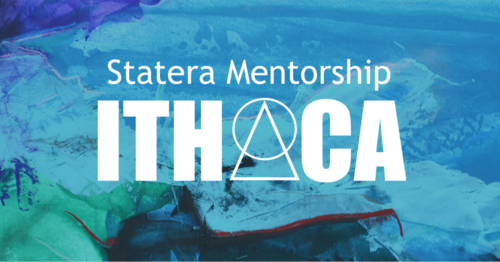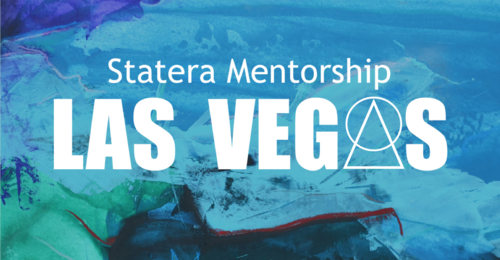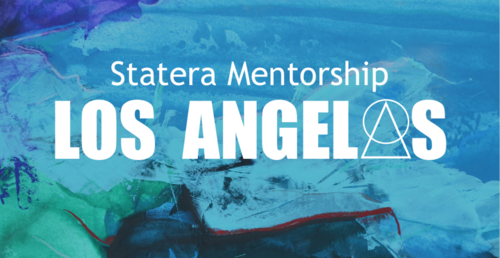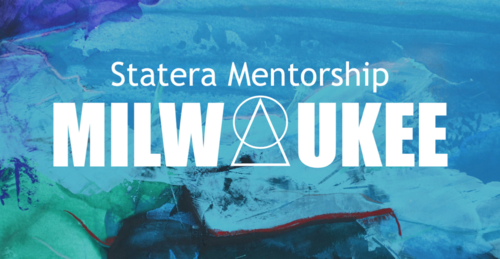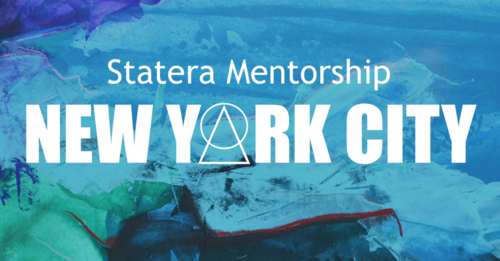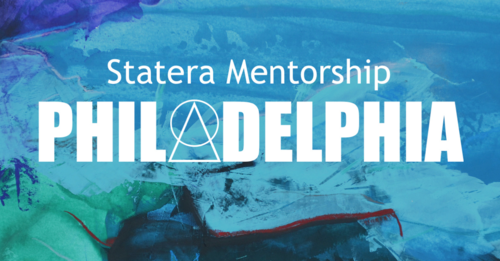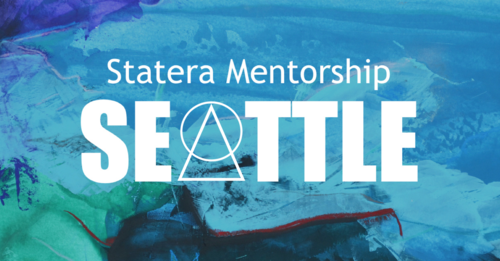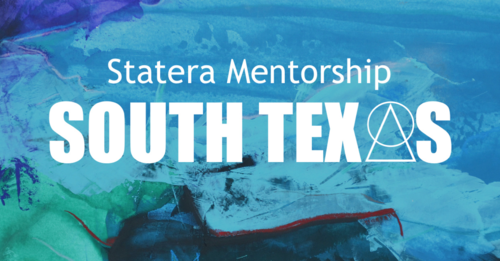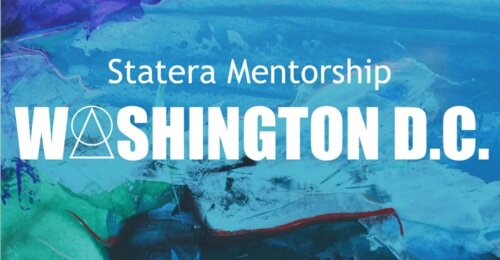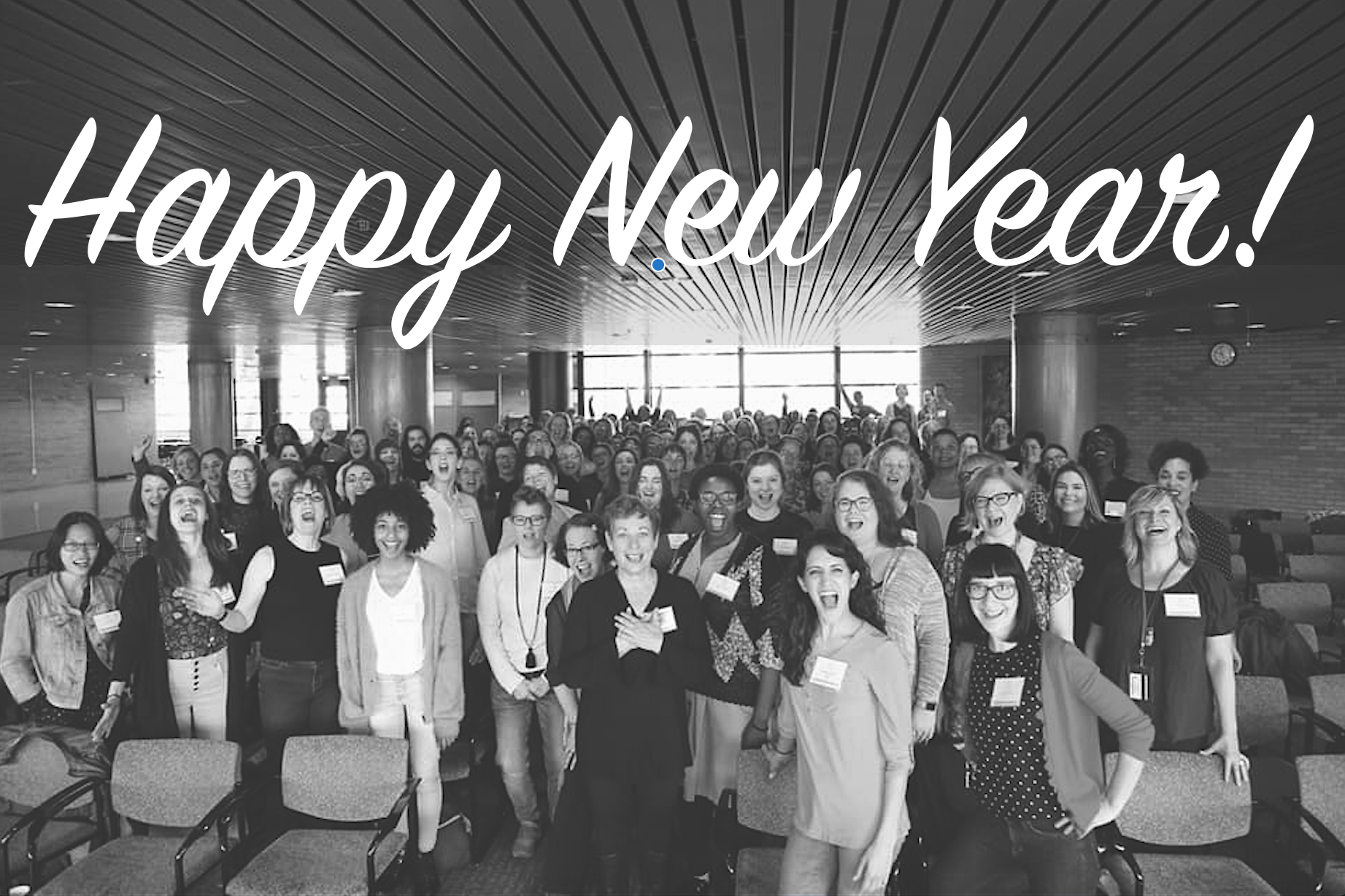StateraArts: Tell us about your work in the arts.
Samantha Martinson (she/her): I have been fortunate enough to work in several areas of the theater including administration, education, acting, directing, and producing. I have worked with several regional theaters' education departments and feel most passionate when highlighting others' voices and stories, whether that be through storytelling on stage, behind the scenes or in the classroom teaching playwriting.
Nadja Simmonds (she/her): I am a live-theater actor primarily based in Milwaukee. I have a deep love for Shakespeare and have performed with a traveling Shakespeare troupe (The Summit Players Theater) throughout Wisconsin for multiple years. We make Shakespeare family-friendly, and provide accessibility to communities that lack a classical, live-theater presence. Besides the classics, I also enjoy modern works that focus on social justice issues. I am passionate about inciting discussions about controversial and relevant topics in our society in order to bring diversity to our field.
Maggie Marks (she/her): I’m an actor based in Milwaukee. I have trained and worked in the theater from upstate New York (Skidmore College) L.A. (Beverly Hill’s Playhouse), Massachusetts (Williamstown Theater Festival), Oxford (BADA), Chicago (Actor’s Studio), and Cleveland. I lived in Cleveland for 3 years and had a fantastic time performing with several different companies. Once we returned to Milwaukee I worked with Milwaukee Shakespeare, and Renaissance Theaterworks before I had my first child. I took a back seat to theater for a bit while caring for my two kids and just recently returned to the stage.
StateraArts: Can you share about your journey to the Milwaukee arts scene?
Samantha: I joke that I'm really not sure, but I know that it was because of women who lifted me up in the community. Right out of college, I landed a job at First Stage, teaching improvisation for their Summer Academy. From there, I went to Hartford Stage in CT for an apprenticeship. The following summer, I returned to First Stage, and I decided to intentionally put down roots in Milwaukee. That summer, I met Marcella Kearns, who offered me the Education Associate positions at Milwaukee Chamber Theatre, and eight years later, I'm still in the city, working in the arts.
Nadja: I came to Milwaukee originally to study International Communication at Marquette University, but I quickly found my way to the Marquette Theater Department, and it's safe to say that my life improved from that point on! My alma mater helped prepare me for a professional theater career and provided the stepping stone between collegiate theater and the Milwaukee theater community. I've been here acting ever since!
Maggie: I grew up about 30 minutes west of downtown Milwaukee and loved coming into the city for the lively art scene. Having grown up so close I wanted to explore other cities and chose to go to school far from home at Skidmore College in Saratoga Springs, NY. There I learned how much I loved physical and non-classical theater. We were trained in Viewpoints and Suzuki at Skidmore, and I did further training in the summer at SITI for an intensive experience in both. After graduating I took several years of exploring and my journey took me to L.A, Massachusetts, Oxford, Chicago, and finally to Cleveland to join my husband for his residency in medicine. Both Williamstown theater Festival and BADA, were incredibly influential in teaching me how to behave in the professional theater and the work ethic needed to succeed. I was thrilled when we moved back to Milwaukee for my husbands fellowship in medicine, I knew that having a family would take me away from theater for a time, but I feel so lucky that the theater community has welcomed me back with openness and understanding.
StateraArts: What is your own most memorable mentorship experience?
Samantha: How do I choose just one? When I find myself in the role of a mentor or in a moment where I am struggling, I think to myself, "What would Marcy do? How would Carrie handle this situation? What might PR say in this moment? How would Deb carry herself?" I see my mentors not only as guiding forces in specific areas or fields, but as influencers on how to live a life full of passion, how to make mistakes and learn from them, and how to move forward with grace, while honoring the qualities that make us human. I believe that mentorships can be ongoing or they can be fleeting--some of the greatest learning experiences have come from connections I have made with people who I worked with for less than 6 months. Alternatively, I have also had mentors who I have been connected with for 10+ years, and those opportunities have provided a different type of growth for me.
Nadja: I have been grateful to have many mentors throughout various aspects of my life, but one that sticks out to me is the unintentional mentorship I received from a Stagecraft professor in college. They gave me the honest reality of the strength in being adaptable in this industry, while still always staying true to yourself. They also taught me the importance of knowing a little about every aspect of the theater industry, so if I ever wanted to produce my own work, I understood the basic process of how to do it. We still have board game nights to this day, and they have become a constant support in my life.
Maggie: Many years ago I had the honor of doing the BADA (British American Drama Academy) in Oxford. While I was there I was accepted into the intensive Shakespeare program. The amount of knowledge and support offered was staggering. It pushed me to try harder and the teachers expectations were of a level I hadn’t yet experienced. Not only did we have exceptional teachers but we would have guest lectures by some of the best actors from the British stage who were incredibly generous with their advice and time.
StateraArts: How did you become connected to Statera Mentorship?
Samantha: In 2018, the StateraArts national conference was held in Milwaukee. At the conference, there was a lunch and learn about the mentorship program, and I remember sitting next to two of my close colleagues. Erika Haaland was leading the discussion on social-emotional growth and personal care; she was guiding us through an exercise in being present with one another, connecting with our communities, and addressing the fears in reaching out for help or establishing mentor relationships. In the middle of the presentation, I whispered to my very dear friend and artist, "I think I have to make this happen here." I immediately connected with the mission of StateraArts and wanted to make this opportunity possible for the Milwaukee community.
Nadja: I learned about Statera Mentorship through Samantha Martinson who I had worked with a few times in Milwaukee. She is an amazing director and theater artist, and when she brought me the opportunity to serve as a Regional Coordinator for Statera, I couldn't say no! The ability to bring women mentors and mentees together in or field is so valuable and important, and I am excited to work to bring artists together!
Maggie: I was connected to Statera through my friend and colleague Samantha Martinson who wanted to bring the Statera mentorship program to Milwaukee. She was moved by their mission, and I feel honored that she thought of me to help her with the role of regional coordinator. I have always been someone who cares about connecting other people together and I was impressed with what Statera offers.
StateraArts: What do you see as the greatest need and/or the most common need for mentorship relationships?
Samantha: Mentorship is about being honest with where you're at and what you need. Often, mentors can see the true you, which is what makes the relationship so rewarding (and equally challenging, because being vulnerable is hard!). Ultimately, mentorship requires both parties to show up; sometimes we're mentally, emotionally or physically exhausted, but when we have someone who's there for us, either as a mentor or mentee, it pushes us to be better. That type of relationship and accountability is invaluable, especially in the arts.
Nadja: An important part of a mentorship relationship is trust. Both the mentor and mentee should trust that they both can learn from each other, and understand that everyone goes through life following a different path. A good mentorship also revolves around setting attainable goals together. Have a list of long term aspirations, but also a list of short term goals that you can both reach as a team. Having a mentor can help ease not only theater related stresses, but also anxieties in everyday life.
Maggie: I think being a mentor can be terrifying, but also rewarding, and the biggest issue with becoming a mentor would be to think you have all the answers. None of us can know everything or be above learning from another individual. I learn just as much from younger performers as I do from older ones or my peers. We all have something to impart or learn.
StateraArts: Talk to us about your leadership style and why you're called to volunteer in this capacity for your community.
Samantha: For the past three years, I have studied and assessed questions revolving around the concept of empathy. Because of this work, my style of leadership inherently focuses on problem solving through an empathetic lens; I try to identify root causes of issues and understand the perspective of others' involved in order to move forward. In a leadership position of any kind, I feel it is important for others to feel valued, because in order to make true change in a community, whether it be in the field at large or otherwise, it is our social responsibility to make sure that space is created and held for people to be seen and supported. The most important role I carry as a leader is to know when to step up and back in order to empower those around me.
Nadja: My top five strengths are adaptability, developer, includer, empathy, and individuality, and all of those align directly with my leadership style. Everyone is different, so the ability to connect to each person individually is key. If someone needs advice I'm here to give it, and if someone needs a listening ear I can be that too. It's all about adapting to the different types of personalities, and being able to put complimentary personalities together in a mentorship is something I am super excited for with Statera!
Maggie: I would say that my leadership style is being open to other peoples suggestions. I don’t like to claim I know it all, because I know most of the people surrounding me might know more. I am very good at bringing people together and creating a cohesive environment as well as helping people see their own strengths.
StateraArts: Okay, now it's time to AMPLIFY. What recent personal projects or upcoming projects are you excited about?
Samantha: I facilitate the majority of the playwriting residencies for Milwaukee Chamber Theatre's Young Playwrights Festival. We are always looking for new partnerships with high school educators in the Milwaukee area. Every year, we collect submissions from all across the greater Milwaukee area for the competition. I am also currently directing a new play for Kohl's Wild Theater (KWT) with the Zoological Society of Milwaukee, which is a conservation education theater company. KWT is always looking to diversify their writers, composers, designers and performers.
Nadja: I am currently working with the Milwaukee Repertory Theater in their Emerging Professional Residency program in multiple productions this winter and spring, and will continue with the traveling Shakespeare troupe this summer. Feel free to contact me through my website at any time: www.nadjasimmonds.com
Maggie: I am very excited to begin this chapter with Statera and challenge myself and say yes to things I am afraid of doing. I have a few projects on the horizon. I will be filming an episode of a TV series in the next few weeks, and performing in The Comedy of Hamlet with Schmitz and Giggles at The Marcus Performing Arts Center, and I have another production that I am very excited about in the summer that I cannot disclose yet.
_format-1500w.png)


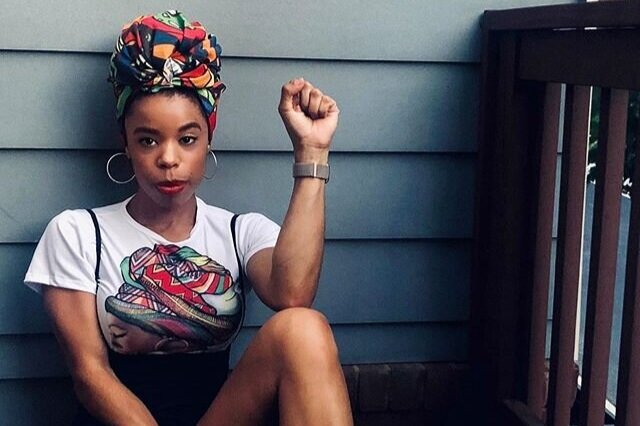
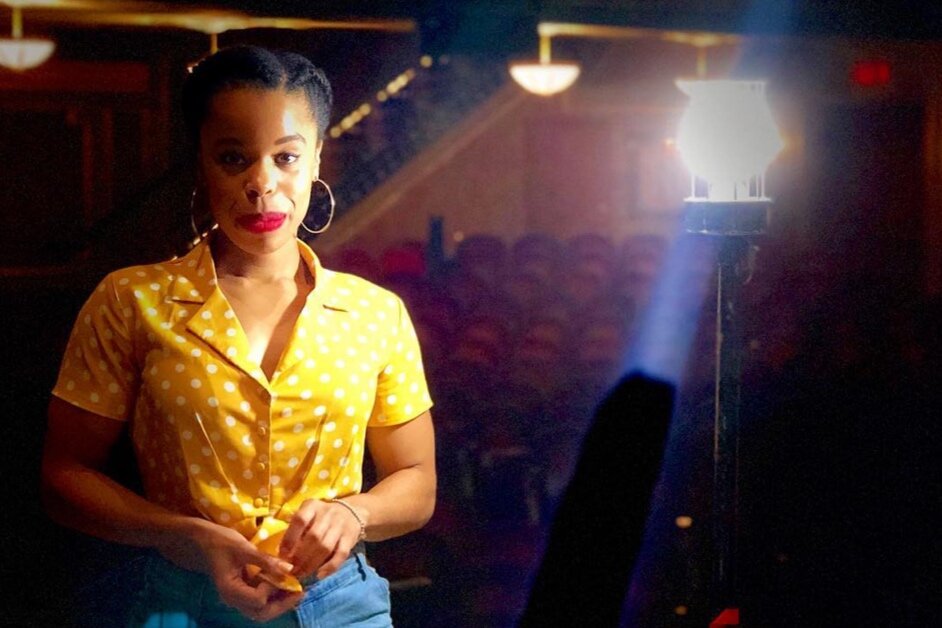
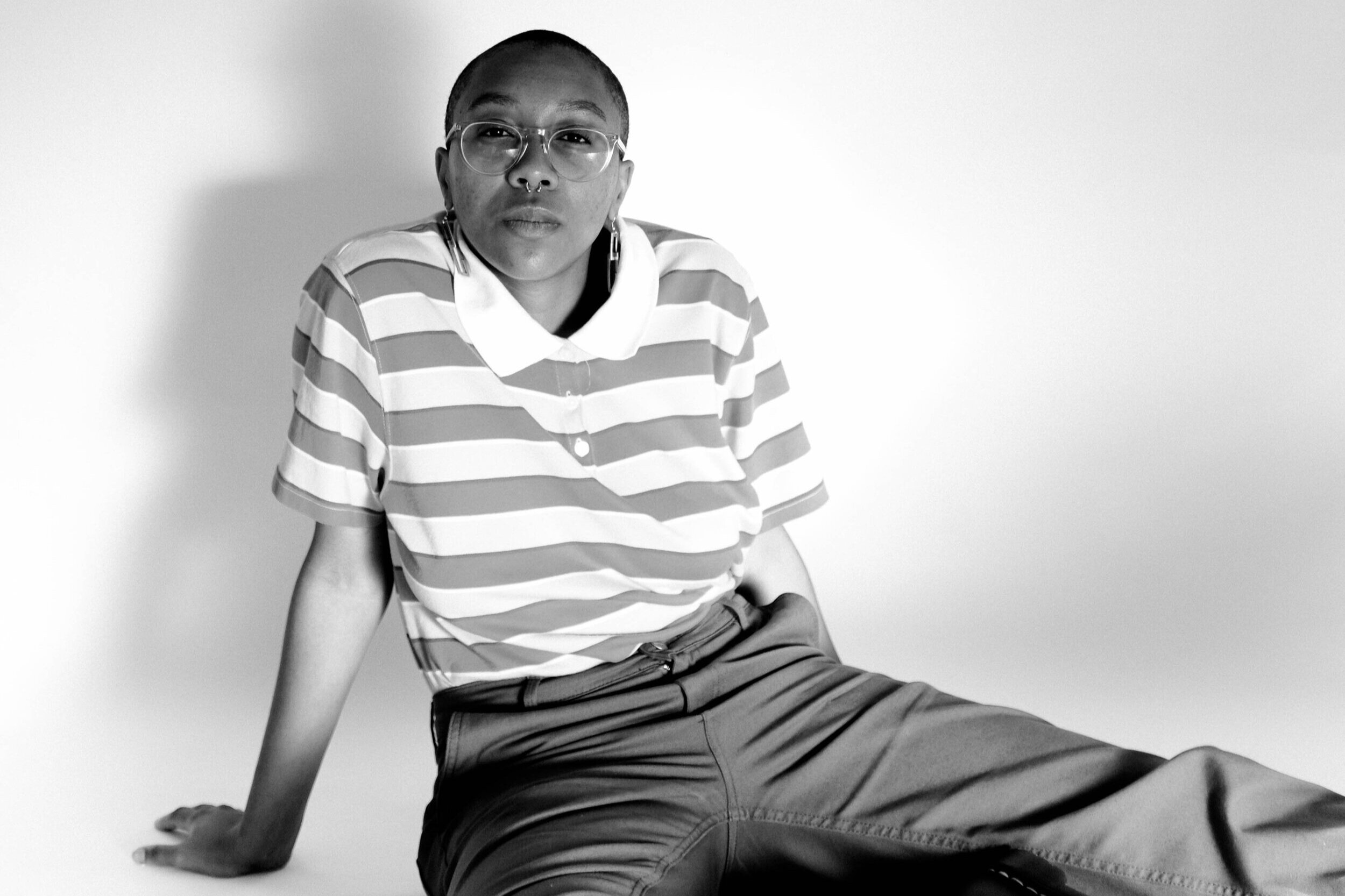
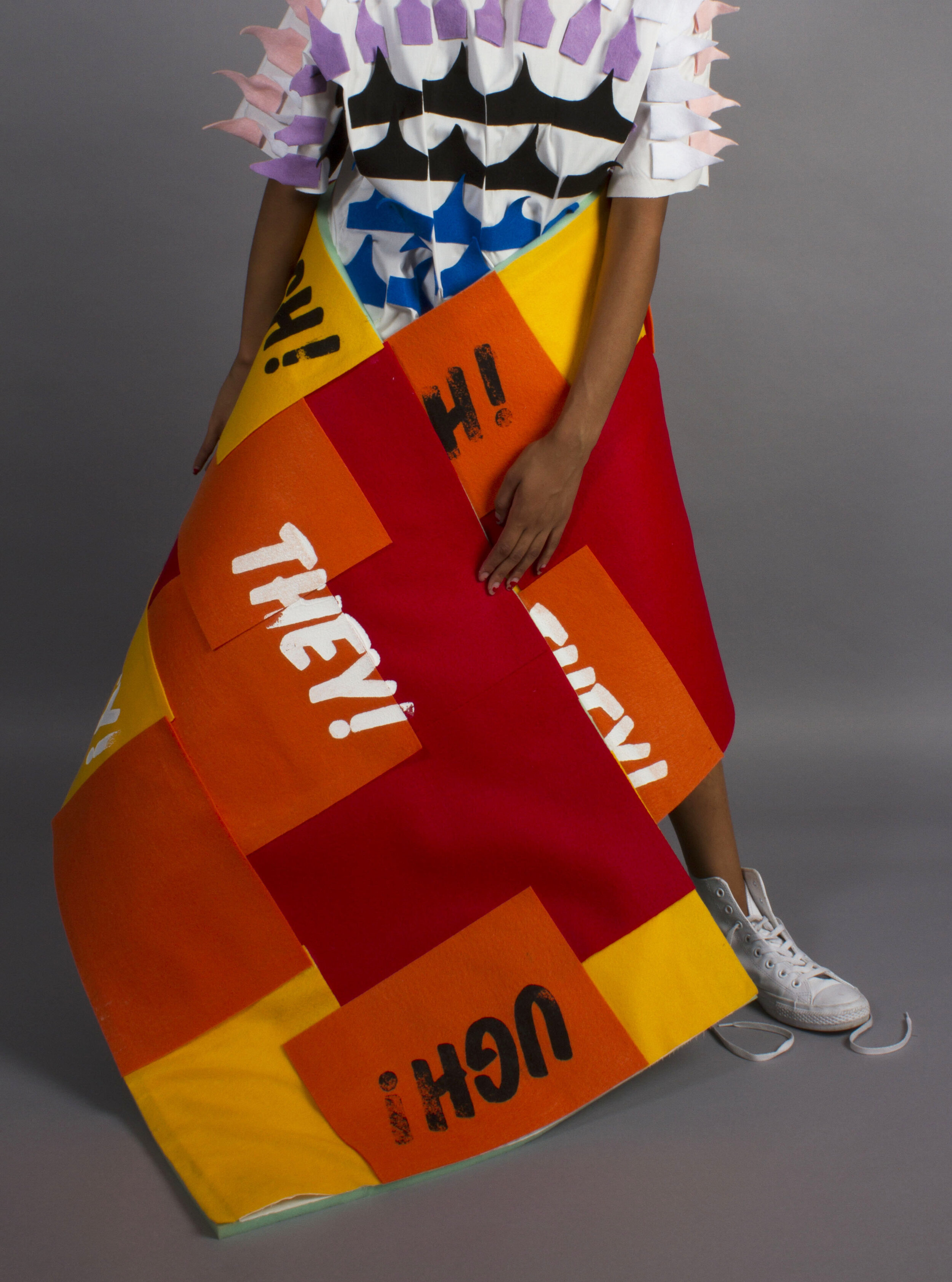
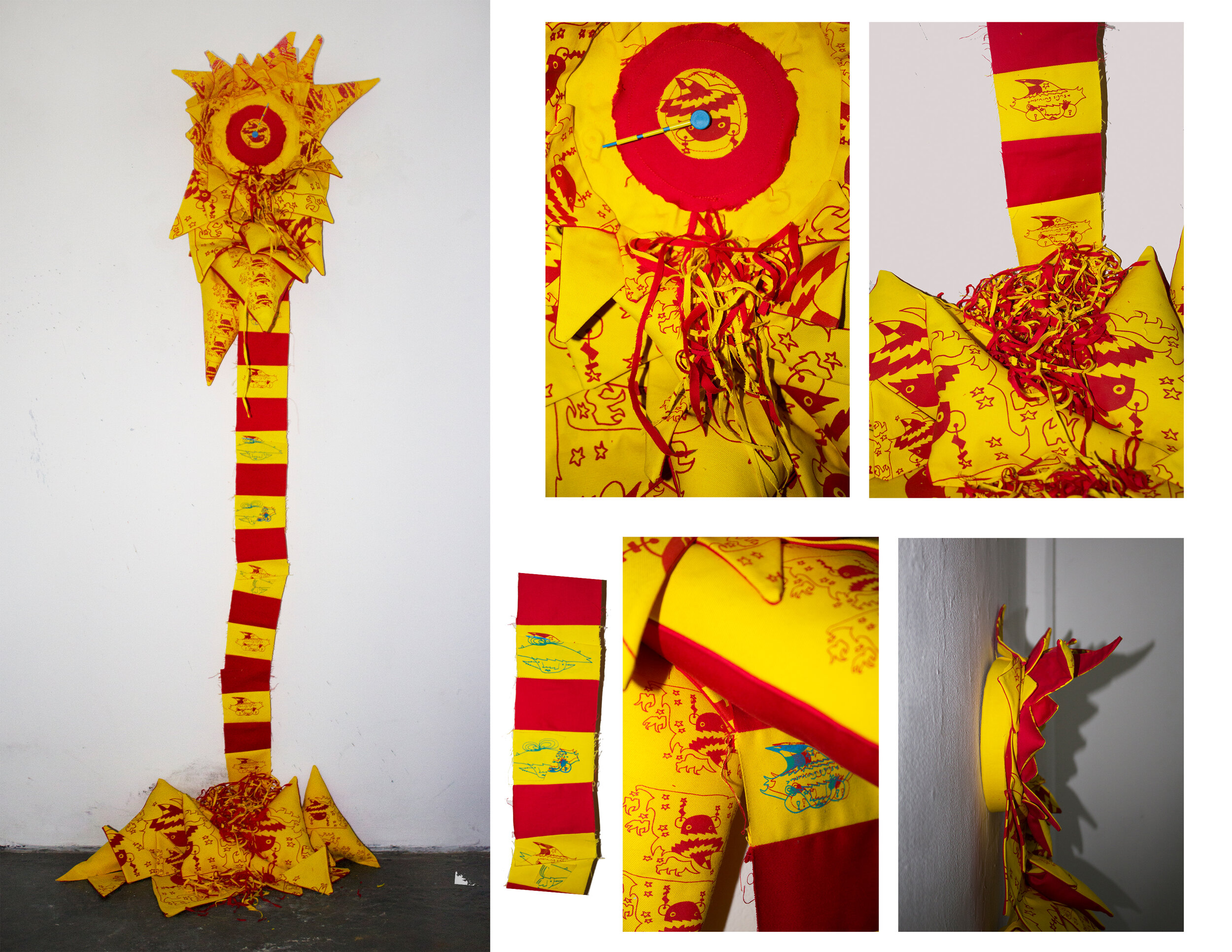
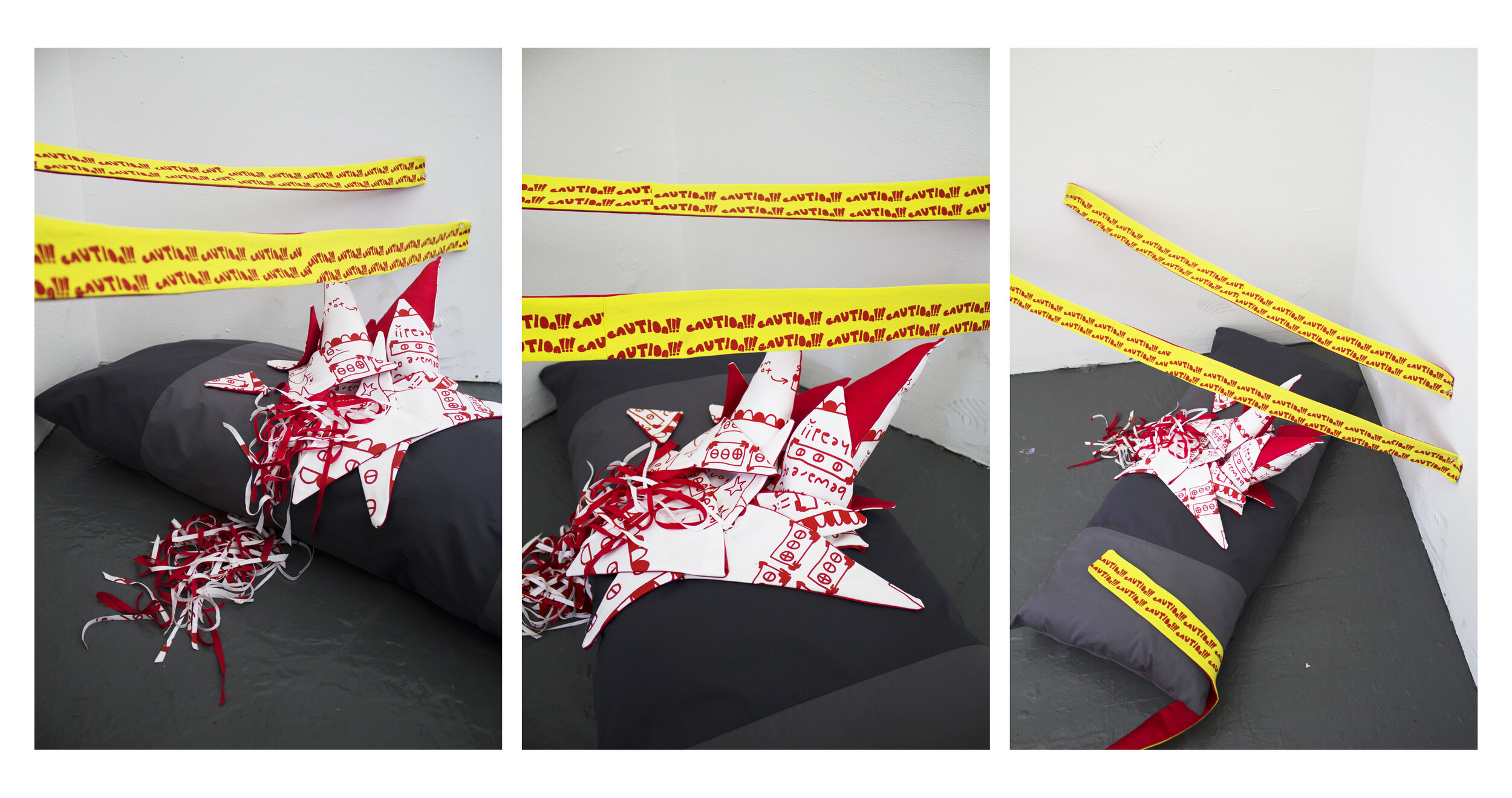


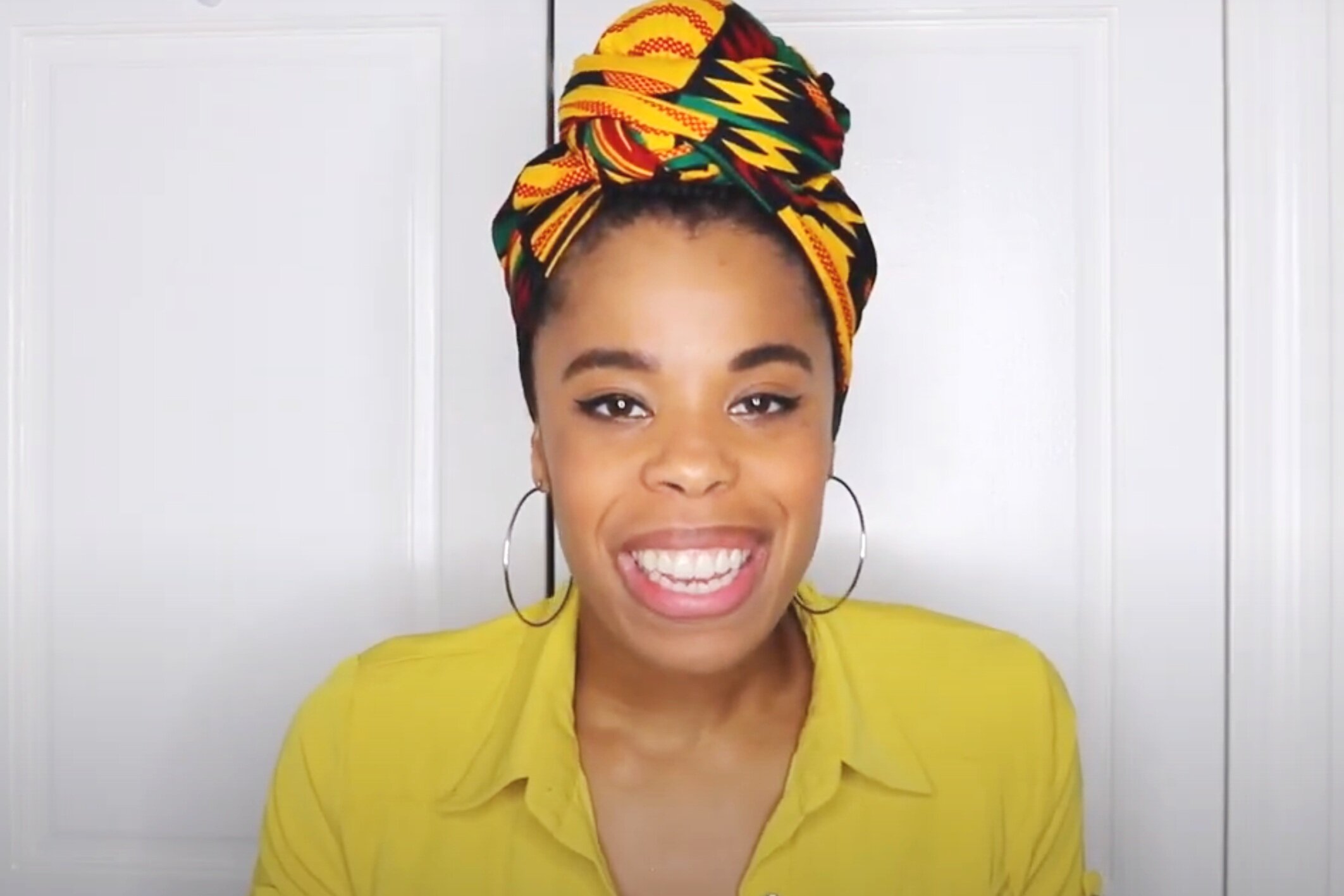
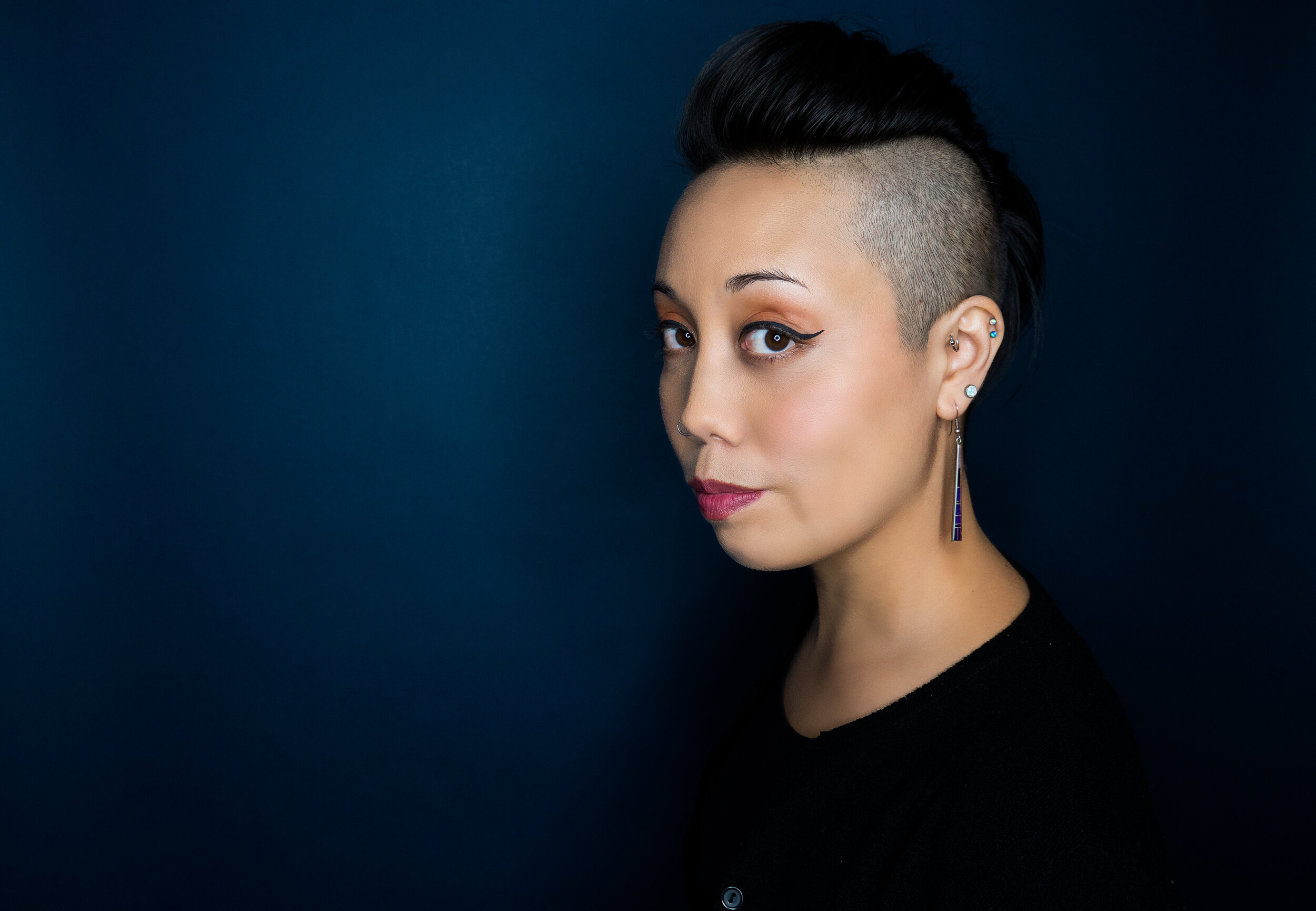
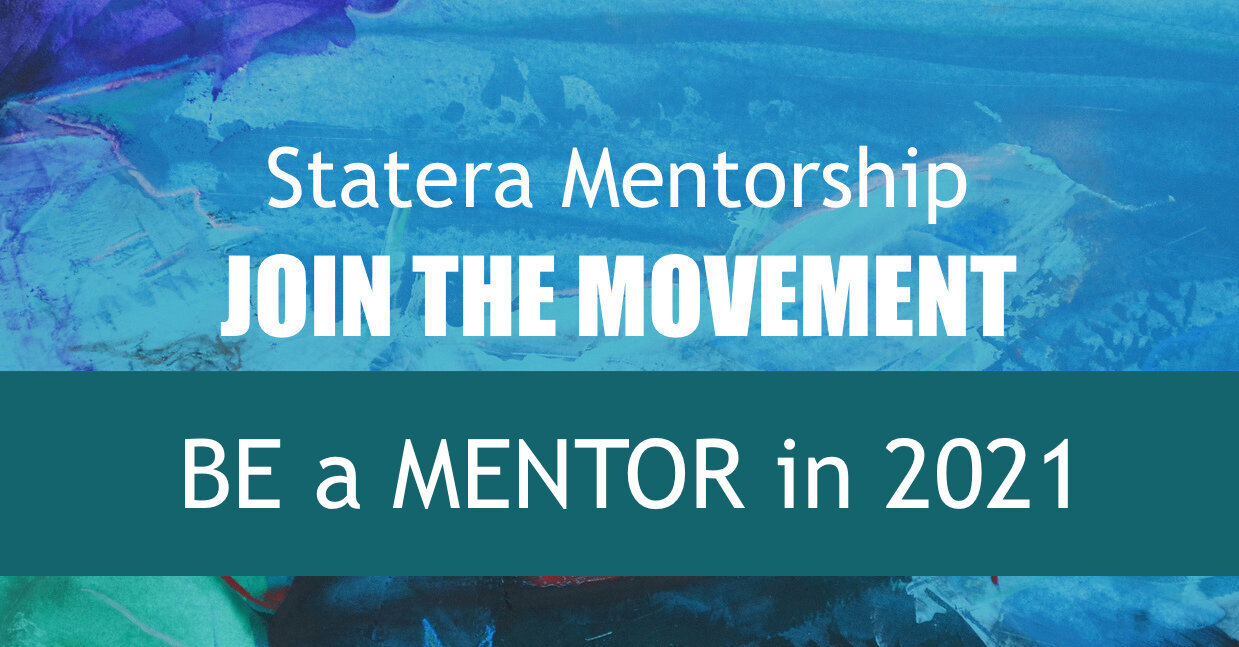
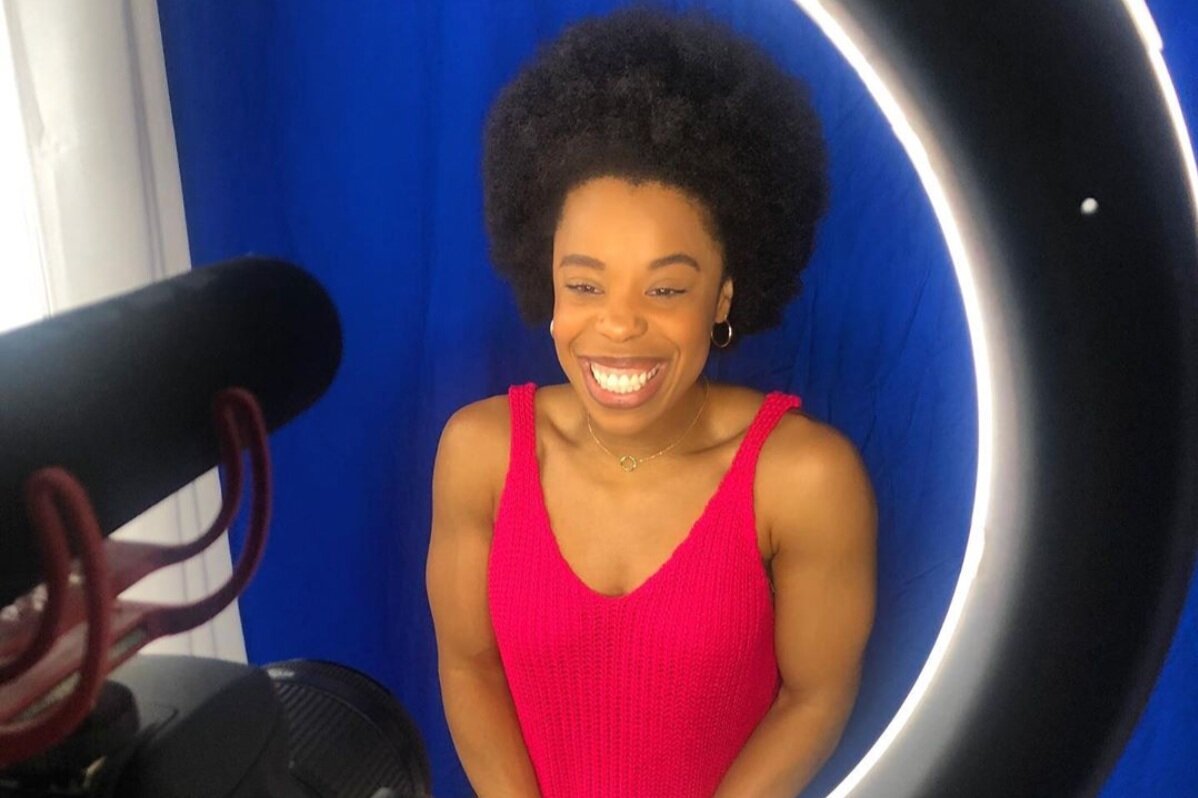
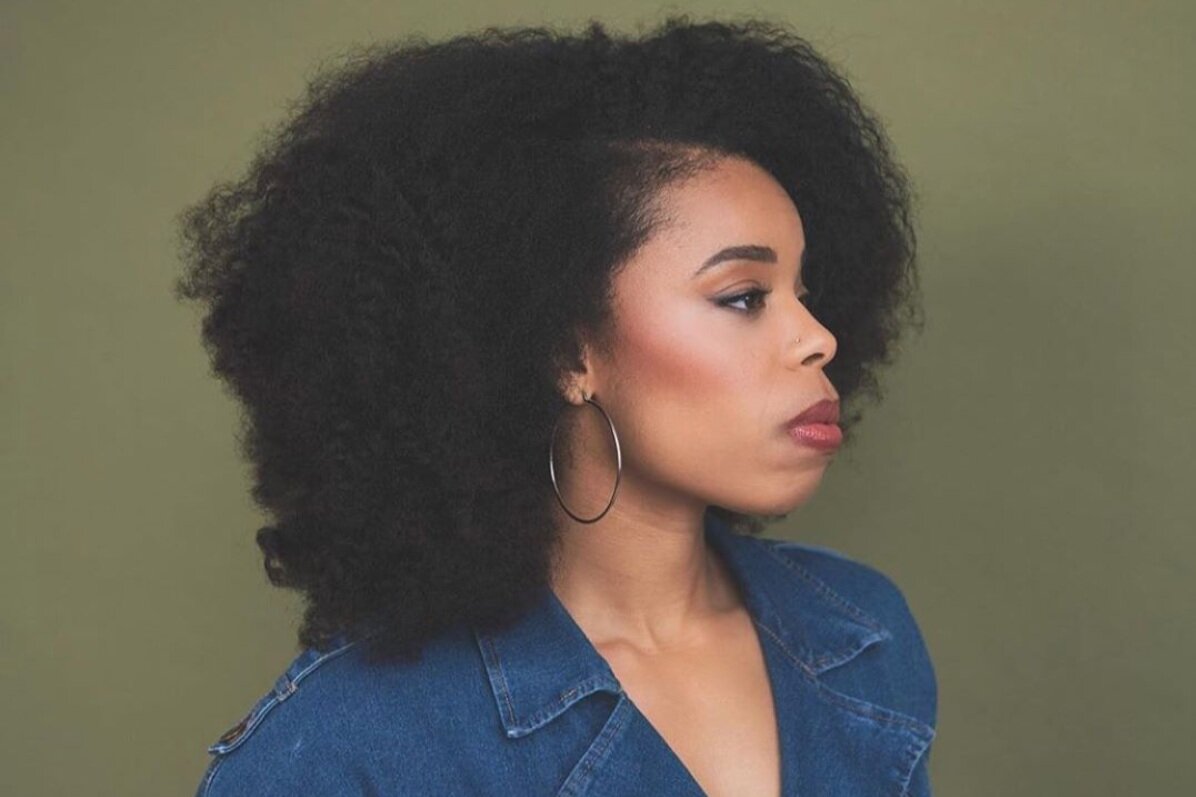
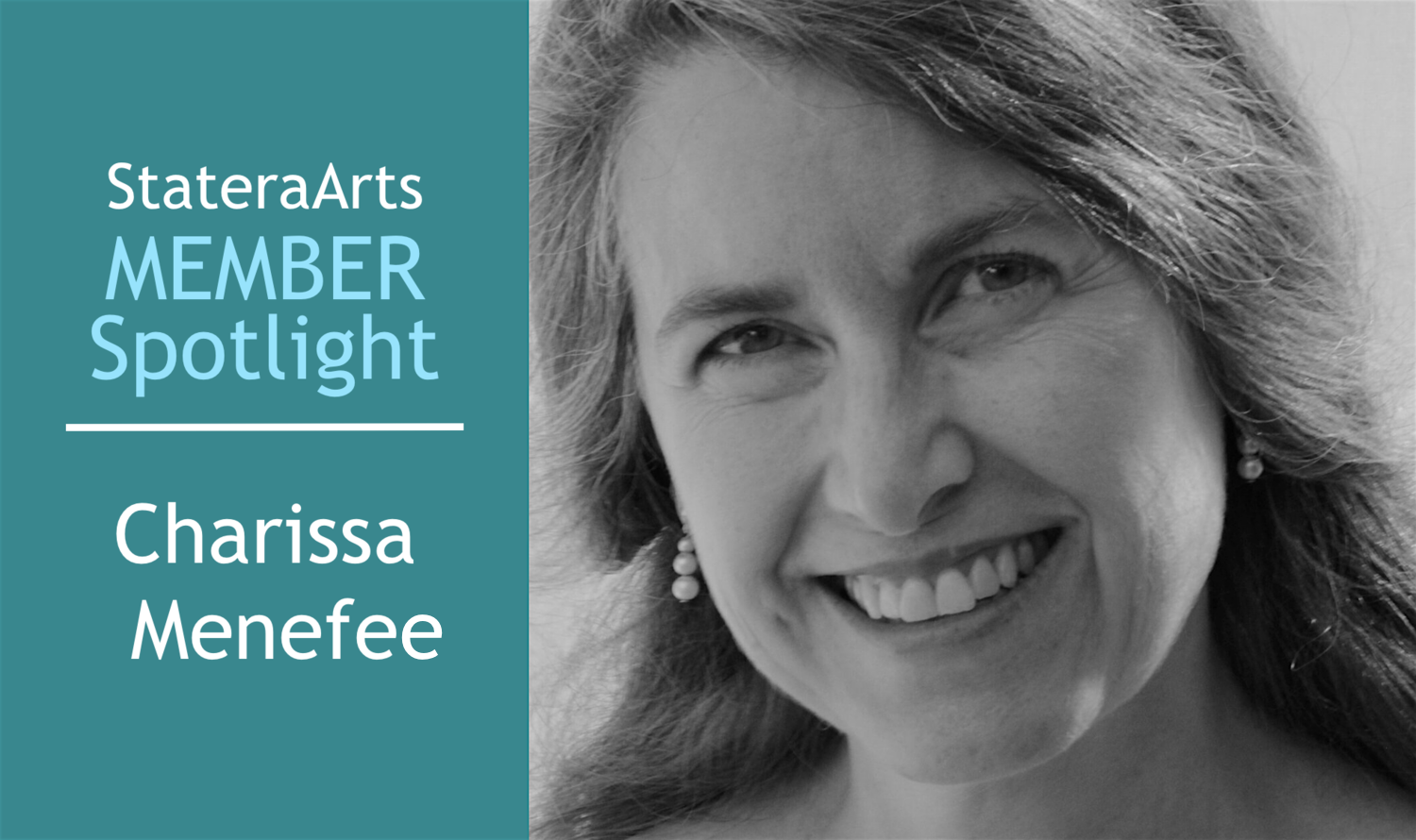

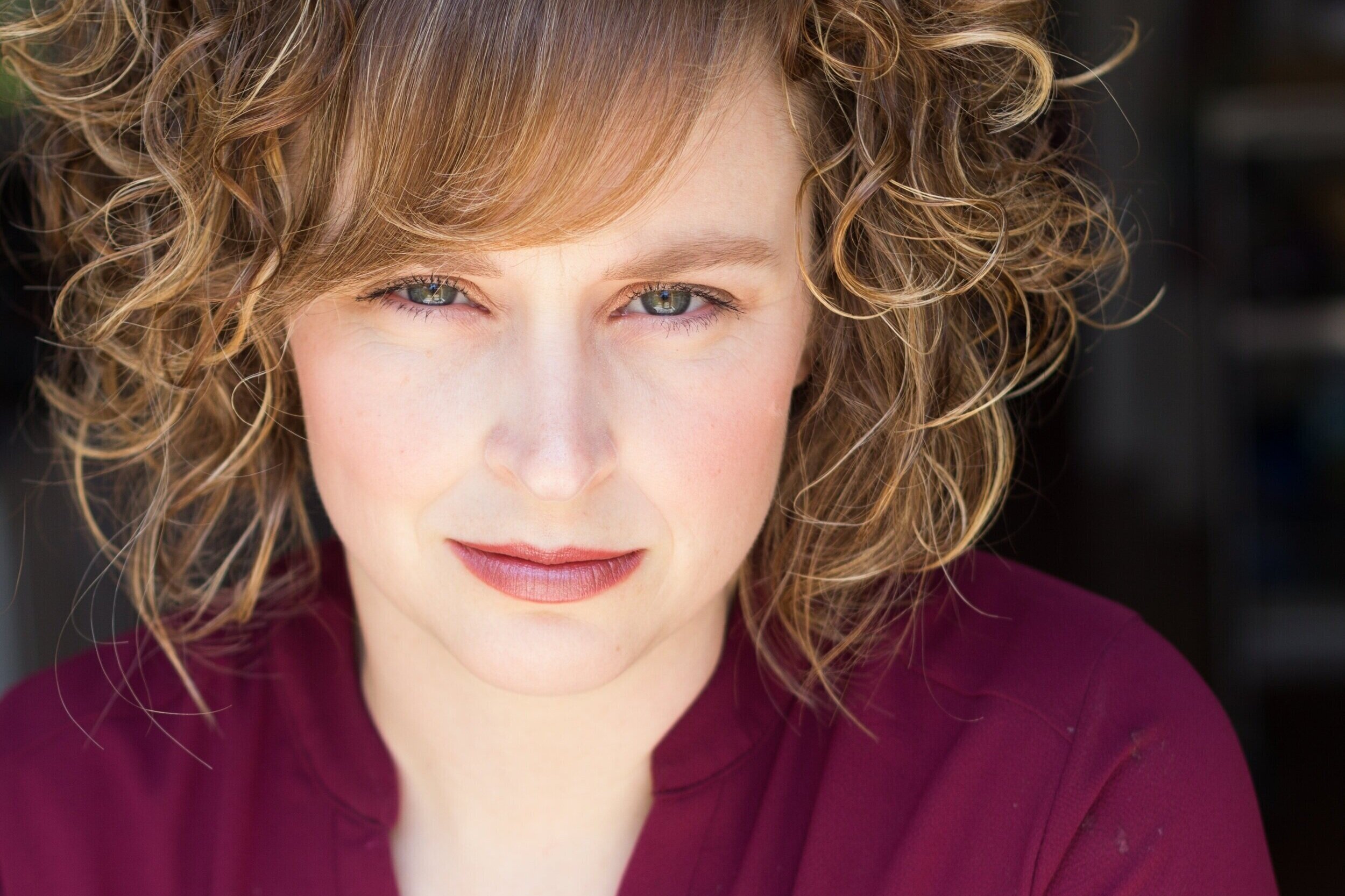
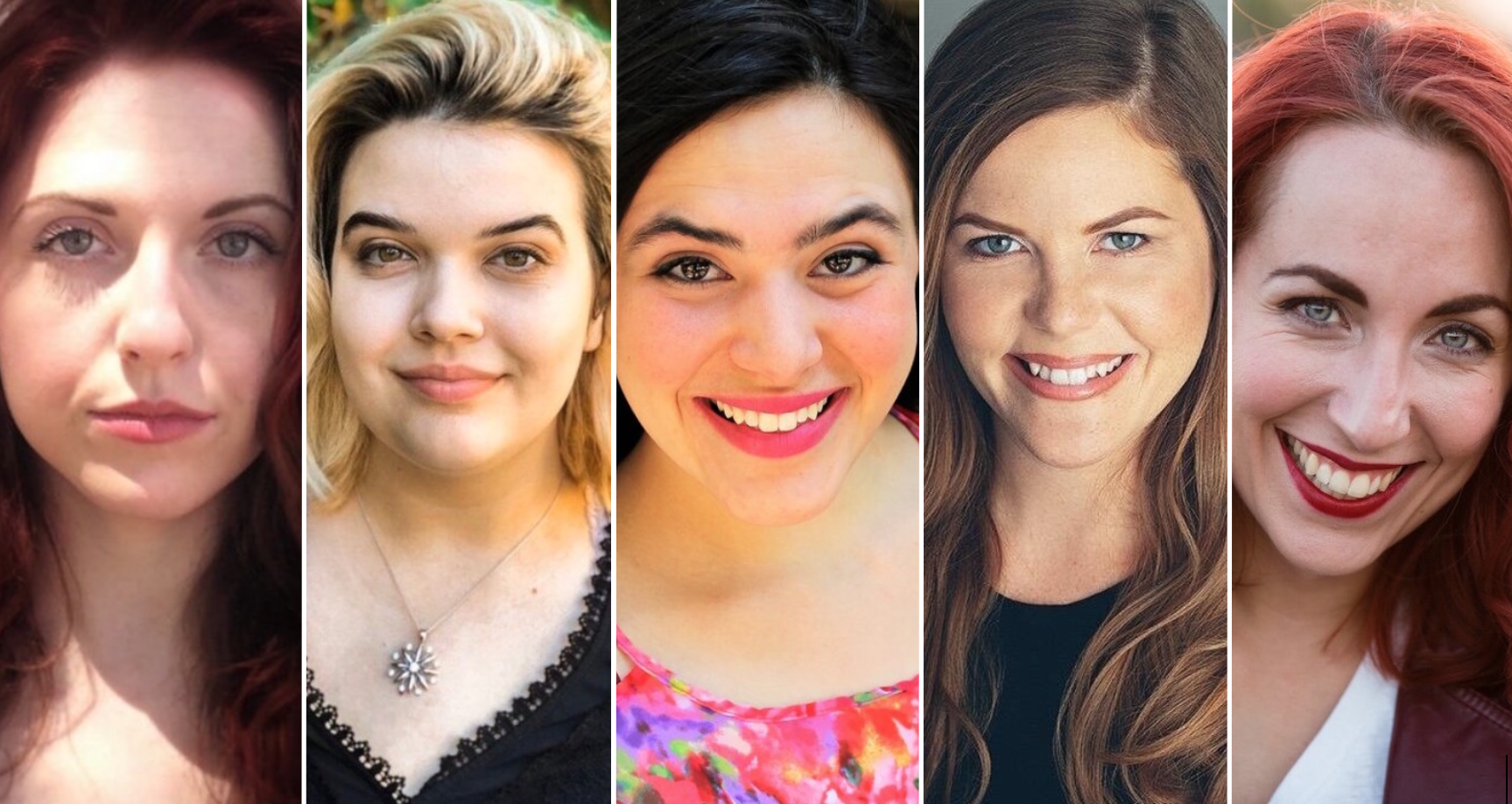
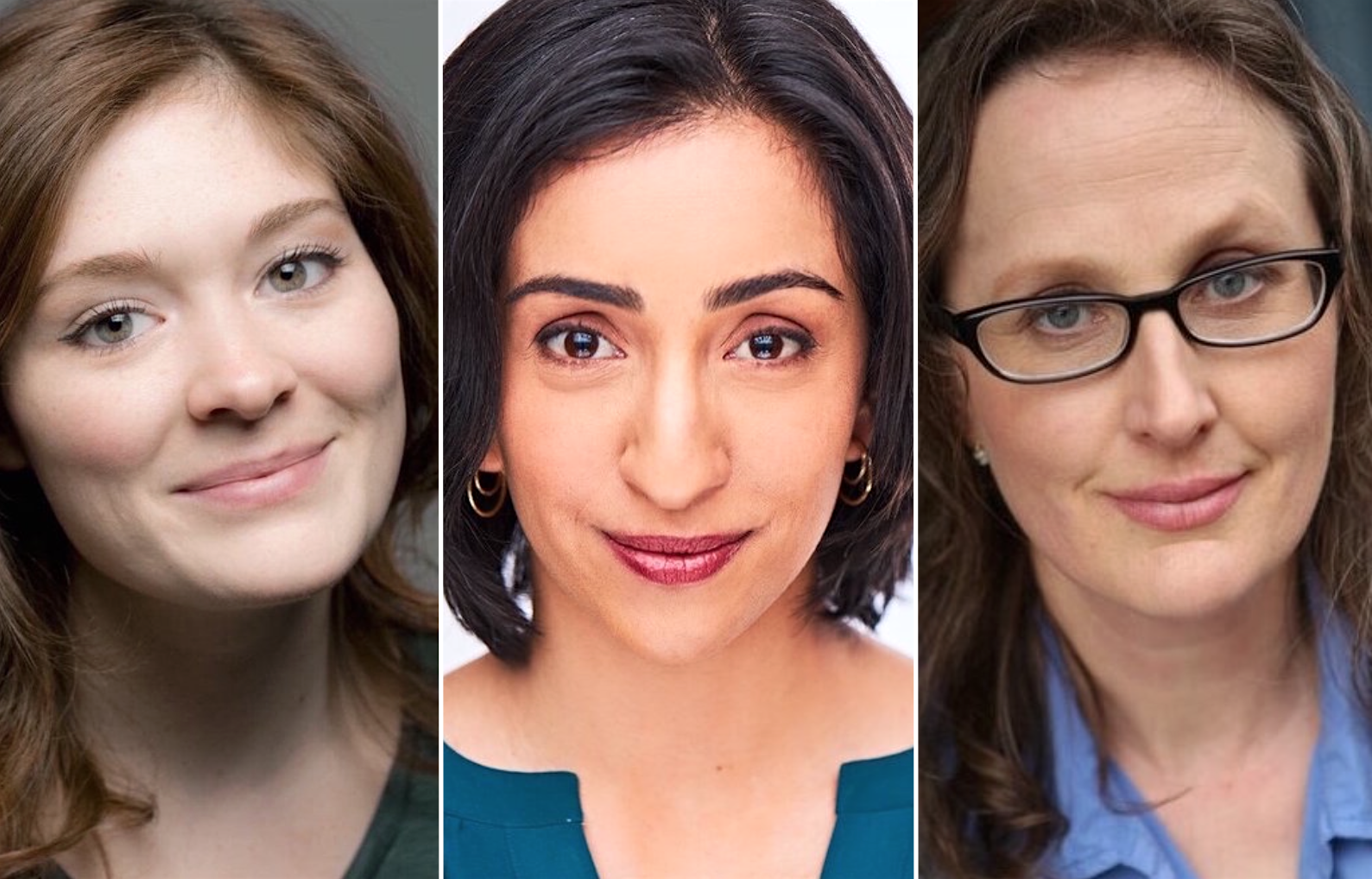
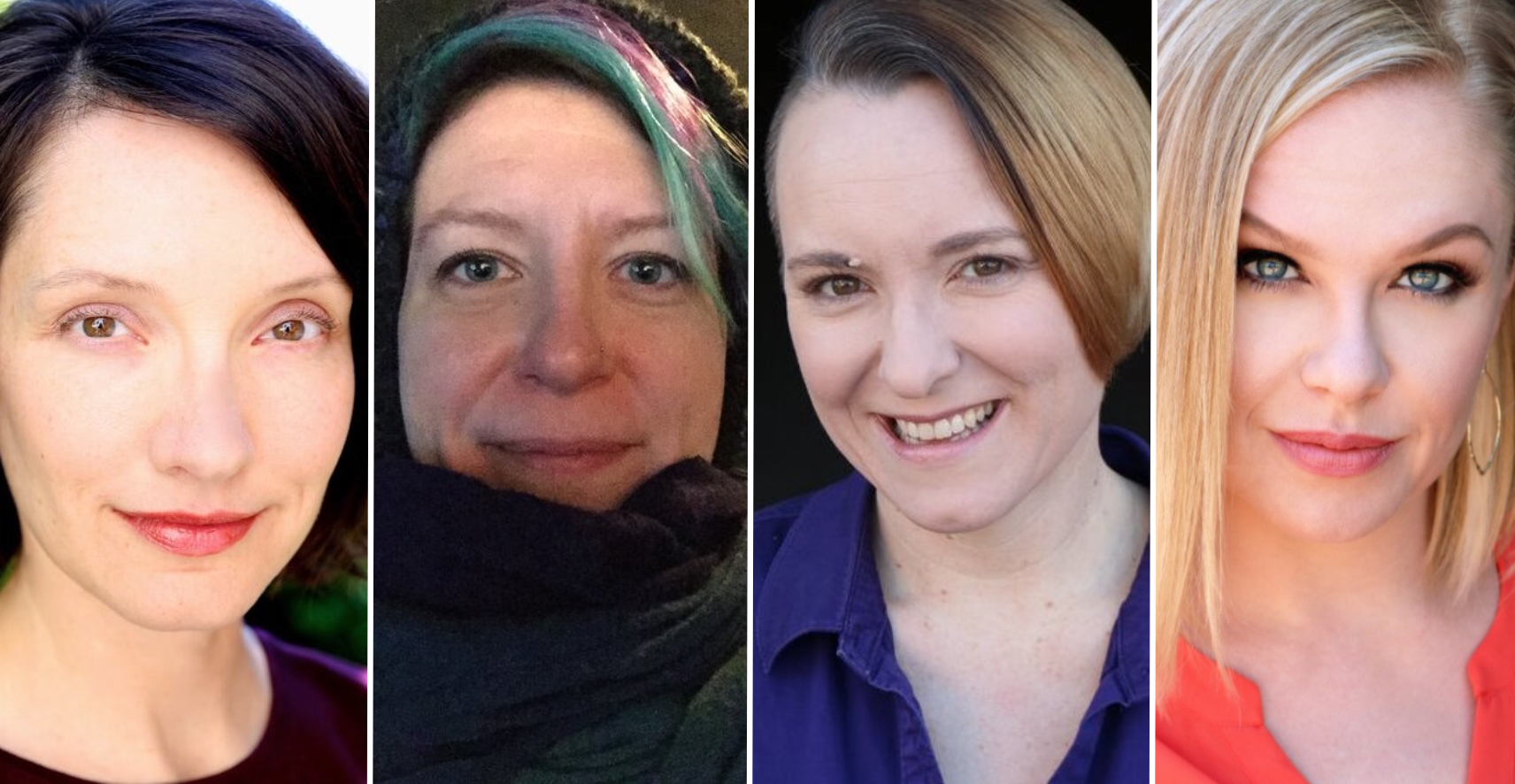

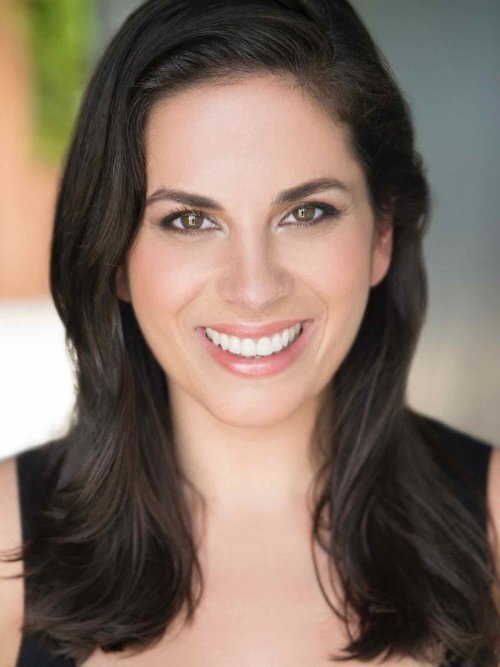
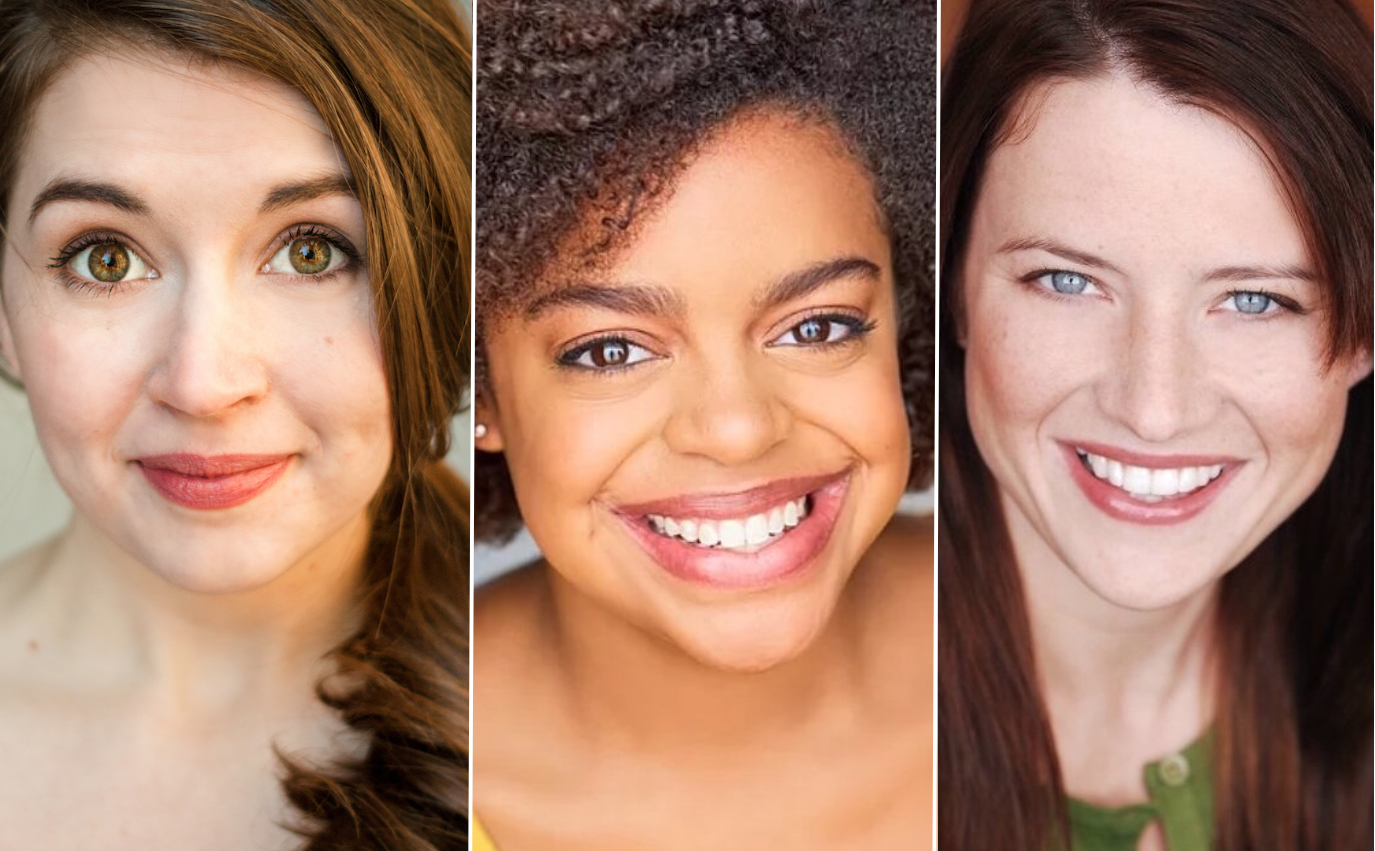
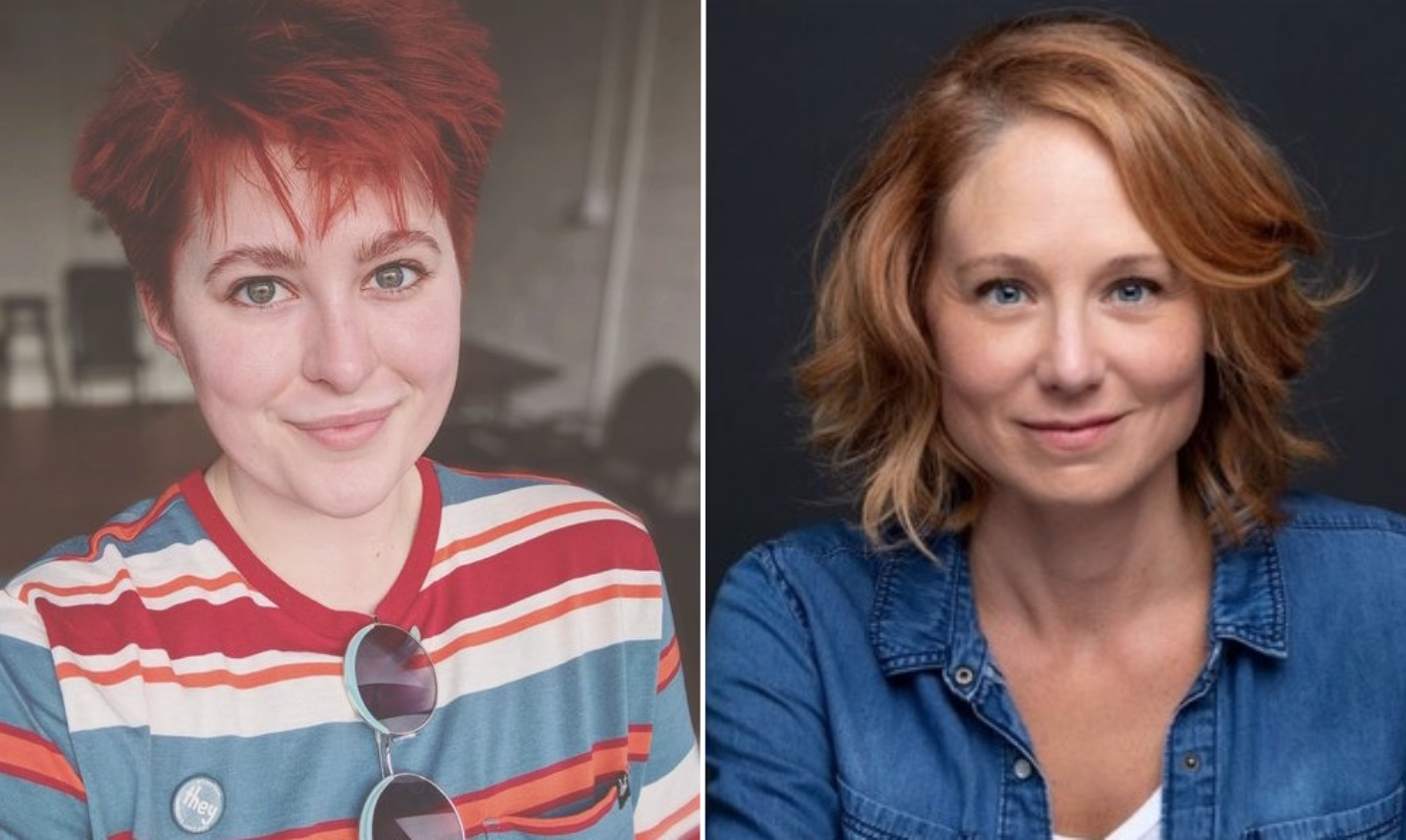


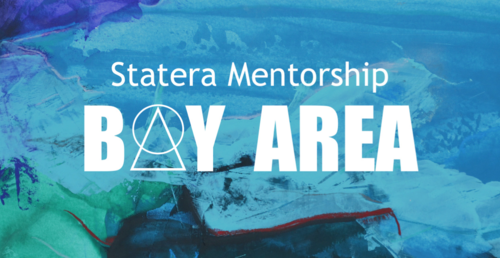
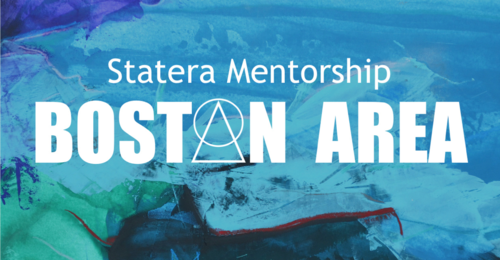
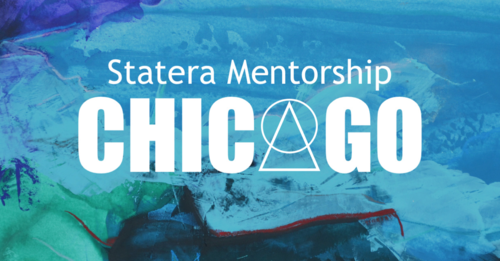
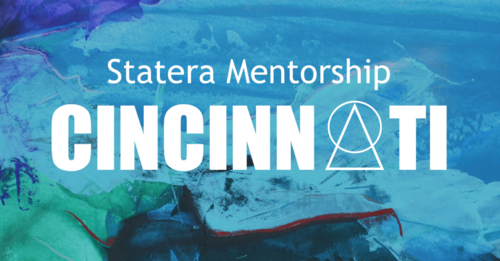
.png)

